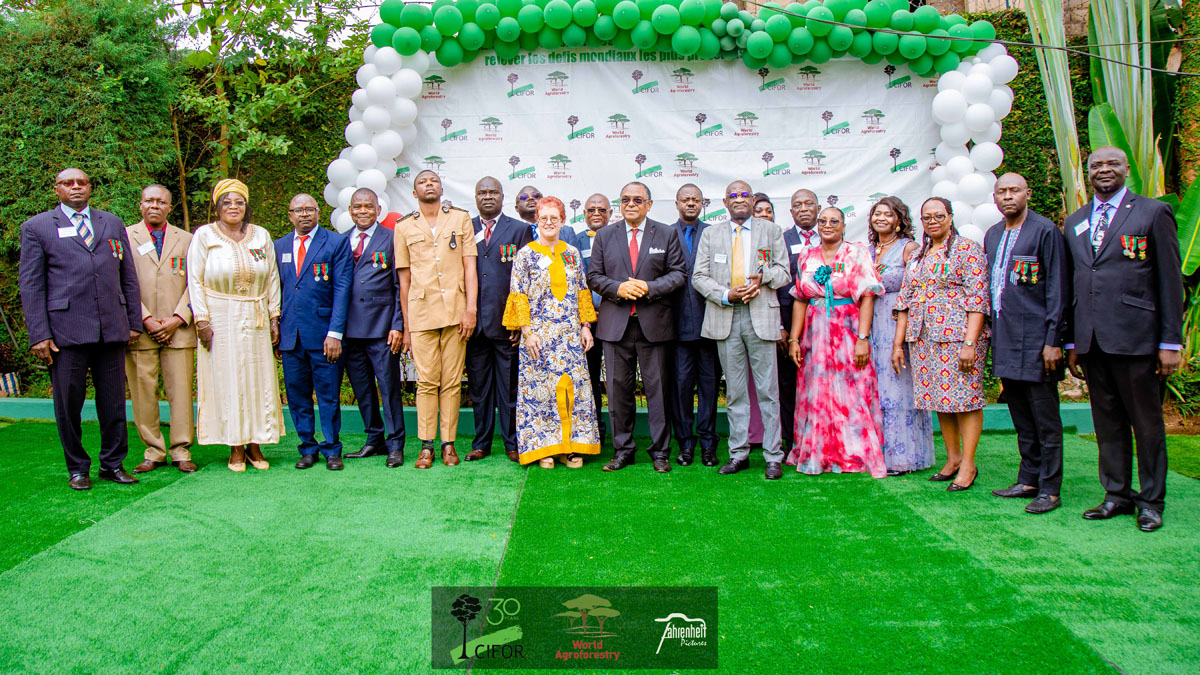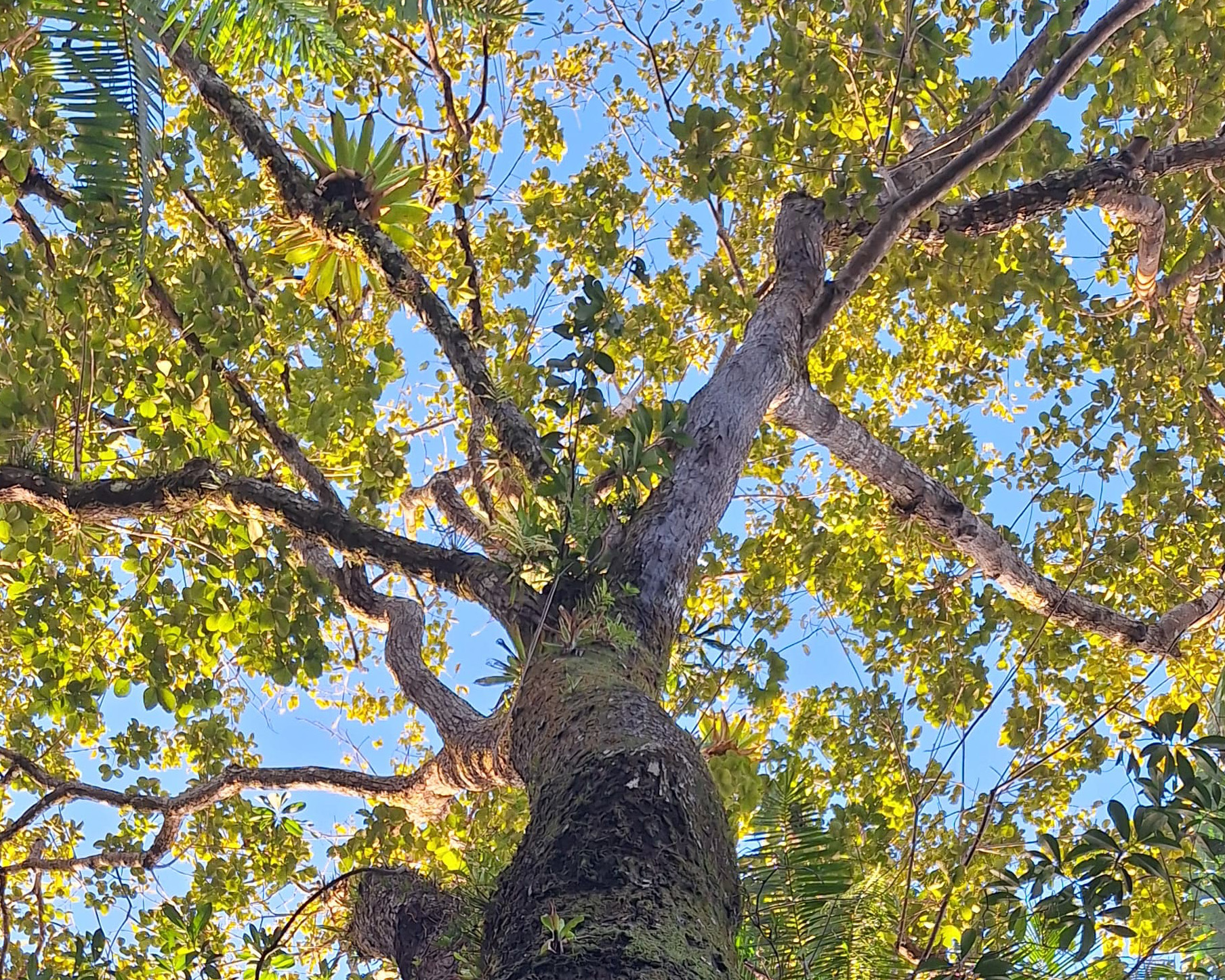Mientras el mundo se tambalea debido a crisis simultáneas y sucesivas, hay algo que está claro: los sistemas alimentarios, agrícolas y forestales tendrán que cambiar si queremos garantizar un futuro digno a las generaciones venideras. No podemos seguir produciendo alimentos, fibras, madera y energía a costa del planeta; la destrucción de los bosques es un precio demasiado alto que pagar por cosméticos; las fincas degradadas que producen alimentos de baja calidad constituyen un costo innecesario; y la energía que impulsa todo esto ya no puede provenir de debajo o de encima de la superficie de la Tierra, a menos que sea renovable.
Descubra cómo CIFOR-ICRAF está abordando cinco grandes desafíos globales con soluciones prácticas y revolucionarias.
Deforestation and biodiversity loss
Forests and trees absorb carbon, regulate the climate, and provide fresh water, food, shelter, energy, medicines and livelihoods to millions of people.
Yet we continue to log and degrade forest landscapes at alarming rates …
A climate in crisis
Global heating is a well-documented fact, and the impacts of a changing climate are being felt worldwide.
But we are fast reaching a tipping point from which we cannot return …
Transforming food systems
As the global human population approaches an estimated 9 billion people by 2050, the consequences of a global food crisis loom larger each year.
Time is running out to transform the way we produce food …
Unsustainable supply and value chains
Consumer awareness about the unsustainability of commodity production has delivered a wake-up call to private companies, governments and financial service providers.
But are they doing enough, quickly enough, to change business as usual?
Extreme inequality
Deforestation and land degradation, global heating, failing agriculture and destructive value chains … all of these challenges hit the most vulnerable people the hardest.
What will it take for women, Indigenous Peoples and rural communities to be heard?
Estos desafíos interactúan entre sí y se amplifican de diversas maneras (Figura 2). Nuestro trabajo aborda estos desafíos directamente y en toda su complejidad, contribuyendo a soluciones a largo plazo, así como a procesos globales, incluidos los Objetivos de Desarrollo Sostenible.














